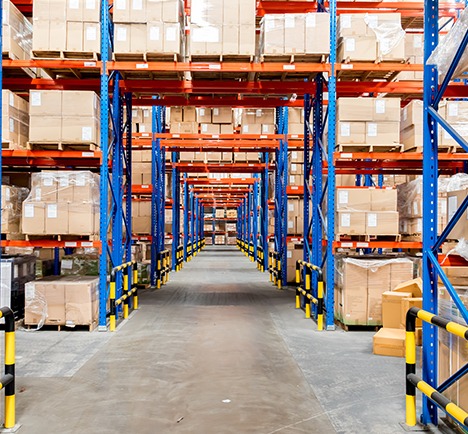Meeting seasonal demands poses significant challenges for businesses across various industries. Whether it is the holiday rush for retail or the harvest season for agricultural products, the need for flexible goods storage centers becomes paramount. These centers play a crucial role in enabling businesses to efficiently manage fluctuating inventory levels, optimize space utilization, and meet customer demands promptly. One of the primary benefits of utilizing goods storage centers is their ability to offer scalable storage solutions. During peak seasons, businesses often experience a surge in inventory due to increased consumer demand. Traditional warehouse facilities may struggle to accommodate these sudden spikes, leading to logistical bottlenecks and delays in order fulfillment. In contrast, modern goods storage centers are designed with flexibility in mind. They can quickly scale up their storage capacity to handle large volumes of goods, ensuring that businesses have sufficient space to store their inventory without compromising on operational efficiency. Furthermore, goods storage centers are equipped with advanced inventory management systems that enhance visibility and control over stock levels.

Real-time tracking technologies allow businesses to monitor inventory movement, streamline replenishment processes, and minimize the risk of stockouts during peak seasons. This level of operational transparency is crucial for maintaining seamless supply chain operations and meeting customer expectations for timely delivery. Another key advantage of goods storage centers is their strategic location. These facilities are often strategically positioned near major transportation hubs, ports, or production centers, enabling businesses to reduce transportation costs and minimize lead times. This proximity facilitates faster distribution of goods to end customers, especially during peak demand periods when every hour saved in transit can make a significant difference in meeting market demand. Moreover, goods storage centers offer businesses the flexibility to customize their storage solutions based on specific requirements. Whether it is temperature-controlled storage for perishable goods, secure facilities for high-value items, or specialized handling for fragile merchandise, these centers can accommodate diverse storage needs. This versatility allows businesses to adapt quickly to changing market conditions and seasonal fluctuations without incurring excessive overhead costs associated with maintaining dedicated storage facilities.
Additionally, istanbul eşya depolama centers provide operational efficiency gains through streamlined logistics and fulfillment processes. By outsourcing warehousing and distribution functions to specialized providers, businesses can focus on core competencies such as product development, marketing, and customer service. This strategic outsourcing not only reduces operational complexity but also enhances agility and responsiveness to market dynamics, thereby improving overall business resilience. Furthermore, goods storage centers play a crucial role in risk management and contingency planning. They offer robust security measures, including surveillance systems, access controls, and inventory tracking protocols, to safeguard goods against theft, damage, or unauthorized access. These measures help mitigate operational risks and ensure continuity of business operations, during critical periods of heightened demand or unforeseen disruptions. Goods storage centers play a pivotal role in enabling businesses to meet seasonal demands. By offering scalable storage solutions, advanced inventory management systems, strategic location advantages, and customizable storage options, these centers empower businesses to optimize their supply chain operations and enhance customer satisfaction.